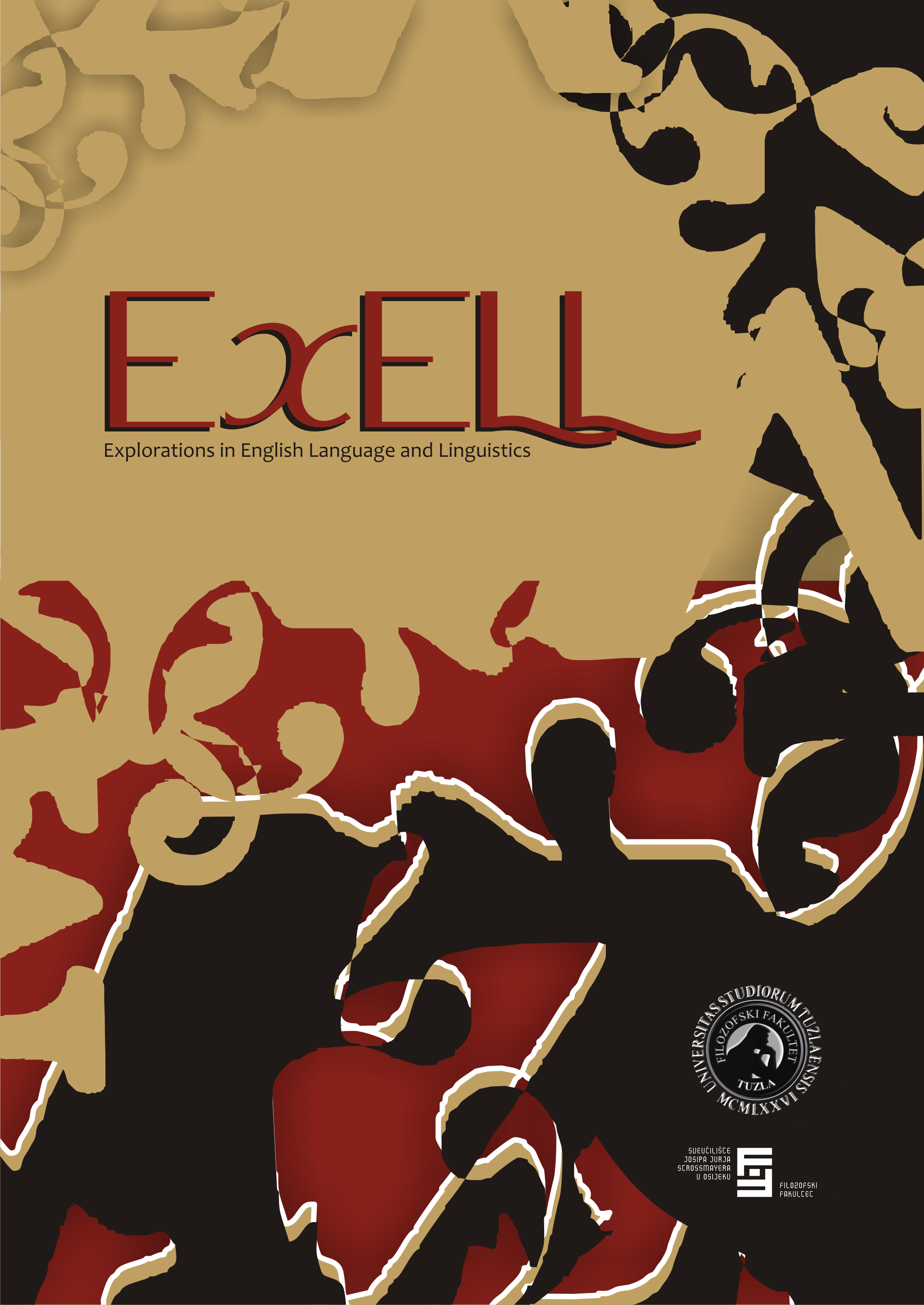English language students’ productive and receptive knowledge of collocations
English language students’ productive and receptive knowledge of collocations
Author(s): Mirna BegagićSubject(s): Language and Literature Studies, Education, Foreign languages learning, Theoretical Linguistics, Applied Linguistics
Published by: Filozofski fakultet Univerziteta u Tuzli
Keywords: collocation; collocational competence; receptive and productive collocations
Summary/Abstract: The importance of collocations in second language learning has been recognized in the past few decades. There have been numerous studies in L2 acquisition research that investigated how the knowledge and use of collocations at different levels of proficiency affect learners’ communicative competence and language performance. Moreover, it seems important to mention that most of the studies investigating the collocational knowledge of studentslearning English as their L2, indicated students’ poor performance (Fayez-Hussein 1990; Aghbar 1990; Bahns and Eldaw 1993; Stubbs 2002; Wray 2002; Nasselhauf 2005; Ozaki 2011). The aim of this paper is to explain the notion of collocation as well as its most common classification, and to point out the importance of its proper use for English language students who are native speakers of the Bosnian/Croatian/Serbian (BCS) language. Furthermore, this study examines the productive and receptive knowledge of lexical collocations in order to access students’ collocational competence. The results indicate students’ poor collocational knowledge. This can be due to the fact that collocations of the language students are learning are interfering with the collocations of their mother tongue, but also due to the way students are taught English (vocabulary negligence in comparison with grammar and unawareness of the importance of collocations in language learning).
Journal: ExELL (Explorations in English Language and Linguistics)
- Issue Year: 2/2014
- Issue No: 1
- Page Range: 46-67
- Page Count: 22
- Language: English

